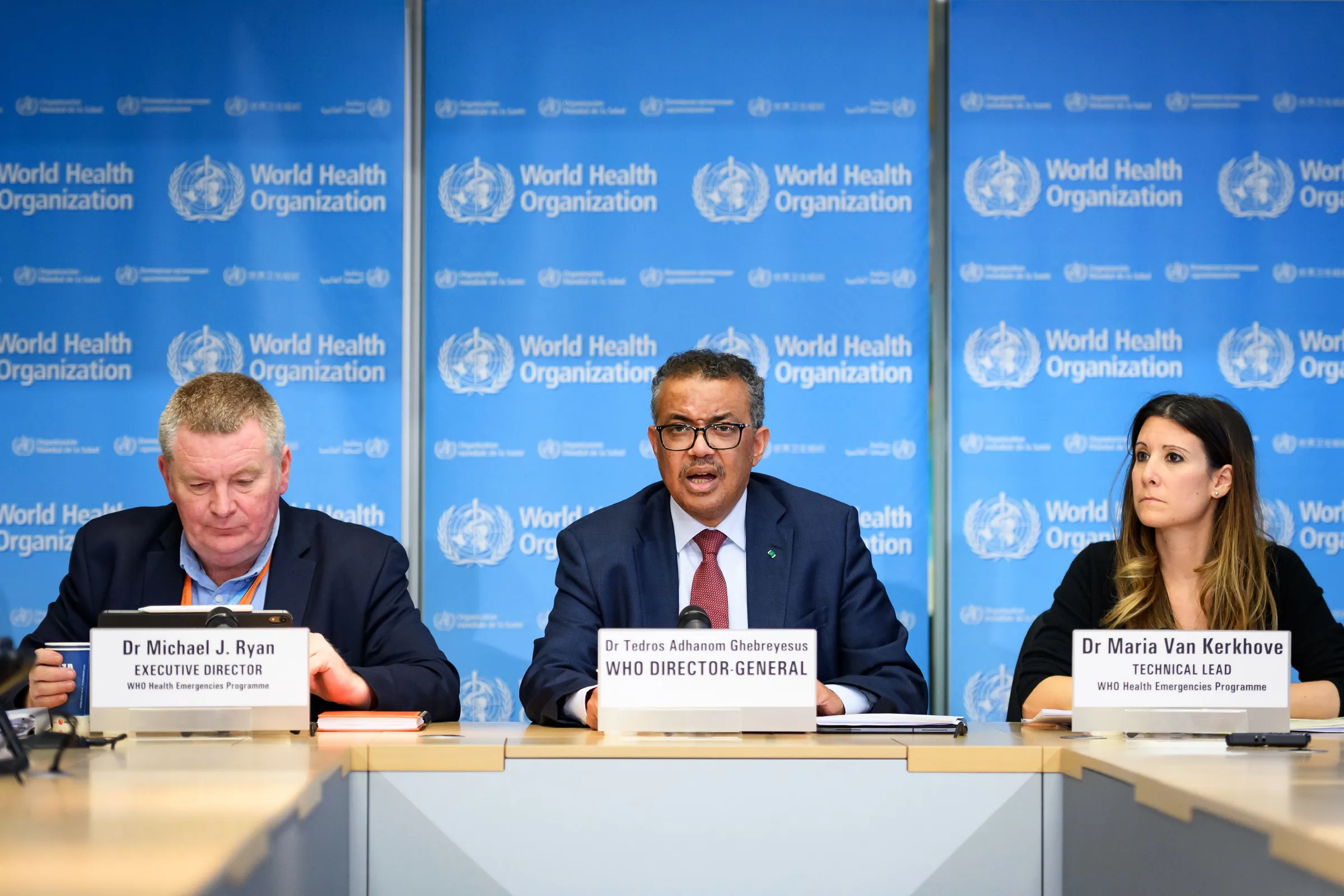
Mpox is not the new COVID-19, according to a WHO official
A World Health Organization official emphasized on Tuesday that mpox, regardless of whether it is the new or old strain, is not the new COVID, as authorities are aware of how to suppress its transmission.
“We must and can collaborate to address mpox,” stated Hans Kluge, WHO regional director for Europe, during a U.N. media briefing.
So, will we opt to implement the systems necessary to regulate and eradicate mpox on a global scale? Alternately, we may succumb to another cycle of neglect and panic.
He also noted that the manner in which we respond both now and in the future will serve as a critical test for the world and Europe.
Mpox is a viral infection that typically develops moderate symptoms, including pus-filled lesions and flu-like symptoms, but it has the potential to be fatal.
The clade 1b variety has sparked global concern due to its apparent preference for routine close contact, which appears to facilitate its dissemination.
A variant case was confirmed in Sweden last week and has been associated with a burgeoning outbreak in Africa, marking the first indication of its expansion beyond the continent. The WHO declared the recent disease outbreak a public health emergency of international concern following the identification of the new variant.
Kluge stated that the emphasis on the new clade 1 strain will also aid in the battle against the less severe clade 2 variety, which has been rapidly expanding worldwide since 2022. This will enable Europe to enhance its response by providing more comprehensive health guidance and surveillance.
Kluge further stated that the European region is currently reporting approximately 100 new cases of the clade 2 mpox strain on a monthly basis..
Mpox is transmitted through intimate physical contact, including sexual contact; however, there is no evidence that it propagates readily through the air, in contrast to previous global pandemics like COVID-19.
In the event of the emergence of new, more transmissible clades or the modification of their transmission routes, health authorities must remain vigilant and adaptable. However, WHO spokesperson Tarik Jasarevic stated that there are no recommendations for individuals to wear masks.
All Categories
Recent Posts
Tags
+13162306000
zoneyetu@yahoo.com



